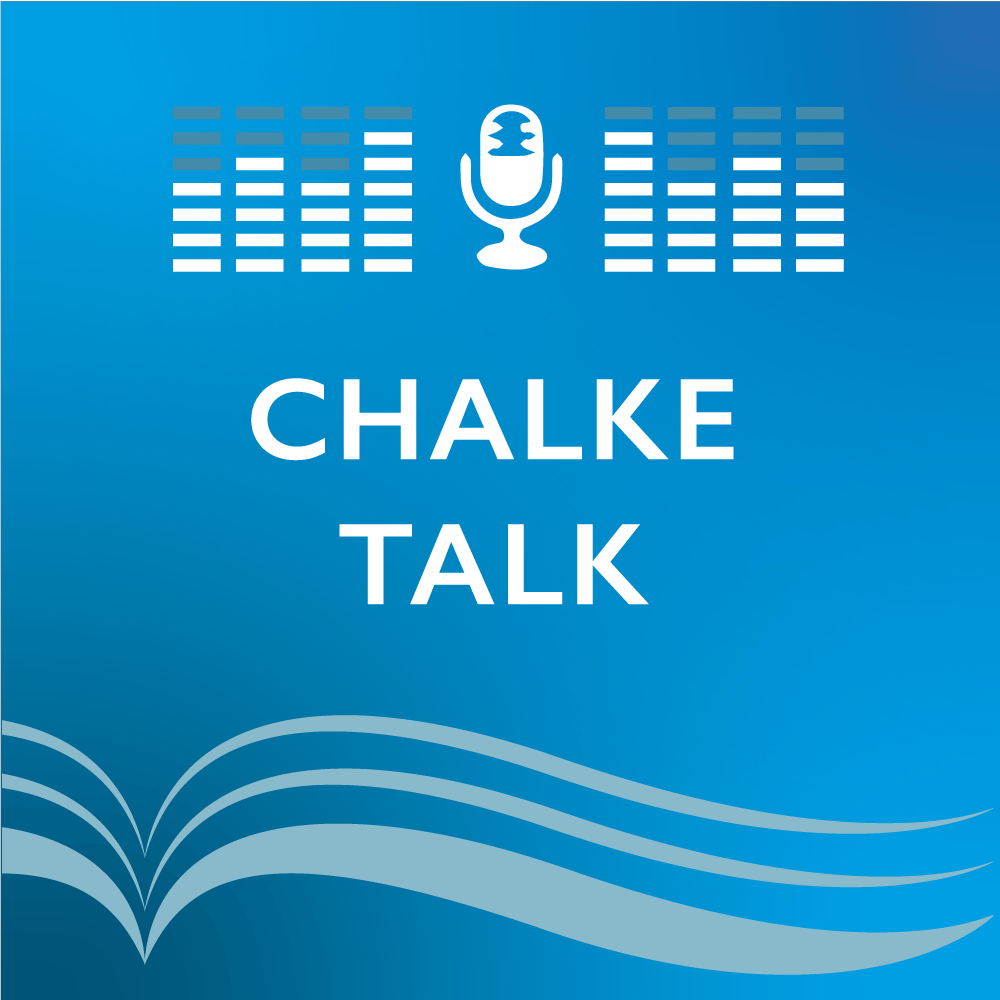The Battle of Isandlwana in 1879 was one of the most devastating defeats suffered by Britain at the hands of local inhabitants. The incredible Douglas Rattray explains the battle from both sides, highlighting the courage of the desperate British soldiers and the gallantry of the proud Zulu warriors. Our Eurocentric understanding of this titanic clash […]
THE BATTLE OF ISANDLWANA

Chalke Talk
The podcast from the Chalke Valley History Festival
Released every Monday, Wednesday and Friday mornings
Latest releases
- THE BATTLE OF ISANDLWANA
Douglas Rattray ( 2019 )> PLAY - 86. OUR BOYS: THE STORY OF A FALKLANDS PARATROOPER
Helen Parr ( 2019 )> PLAYHelen Parr brings to life the human experiences of the paratroopers who fought in the Falklands, and examines the long aftermath of that short and symbolic war. She looks at the social and cultural history of a regiment with an aggressive reputation, while intertwining the personal story of her uncle who was killed during the […]
- 85. IN THE MOUTH OF THE WOLF: BROTHER, FATHER, TEACHER, SPY
Michael Morpurgo ( 2018 )> PLAYMichael Morpurgo, one of Britain’s best-loved writers of children’s books, tells the incredible, true story of his uncles during World War II. The tale follows two brothers; Francis was a pacifist and conscientious objector, while Pieter signed up to fight. What happened next changed the course of Francis’s life forever, and threw him into the […]
- 84. THE CAUSES OF THE SECOND WORLD WAR
Frank McDonough ( 2017 )> PLAYIn this talk for secondary school pupils, Professor Frank McDonough examines the causes of WWII. He looks at long-term factors such as the Treaty of Versailles, the League of Nations and the depression following the Wall Street Crash, before turning to Hitler. He was an exceptional individual who had laid out his expansionist intentions as […]
- 83. THE REFORMATION
Peter. Marshall ( 2017 )> PLAYIn the 500th anniversary year of the Reformation, Professor Peter Marshall talks about this seminal event, which engulfed Europe and was one of the most highly-charged, bloody and transformative periods in our collective history. Ever since, it has also remained one of the most contested.
- 81. A NEW WAY OF SEEING: THE HISTORY OF ART
Kelly Grovier ( 2019 )> PLAYCultural critic Kelly Grovier questions whether greatness can be attributed to a single indispensable detail, such as a spectral sixth finger that ghosts Mona Lisa’s hand and the unfinished pearl in Vermeer’s most famous painting. He combs the most revered paintings and sculptures in art history for overlooked details that, once spotted and explored, alter […]
- 80. THE LAST CAVALIER: PRINCE RUPERT OF THE RHINE
Charles Spencer ( 2019 )> PLAYDescribed as ‘half man, half devil’ by the Parliamentarians, Prince Rupert of the Rhine, Charles I’s nephew and commander of the Royalist forces in exile, was truly a man of two halves. Although nicknamed Prince Robber and renowned as a brutal general, dashing cavalier and Royalist pirate, Charles Spencer reveals the hidden side of Prince […]
- 79. RICHARD III: BROTHER, PROTECTOR, KING
Chris Skidmore ( 2018 )> PLAYRichard III remains one of England’s most controversial monarchs. There are few parallels in English history that can match the drama of his reign, witnessed here in its full bloody intensity. Chris Skidmore strips back the legends that surround Richard’s life, showing the man as his contemporaries saw him, and presenting him as one of […]
- 78. THE HEIRS OF THE PROPHET MUHAMMAD: THE ORIGINS OF THE SHIA-SUNNI SCHISM
Barnaby Rogerson ( 2016 )> PLAYWithin a generation of the Prophet Muhammed’s death, his followers had established Islam and a new civilisation. However, as acclaimed author Barnaby Rogerson explains, the seeds of discord that destroyed its unity and the roots of the schism between Sunni and Shia Muslims were already present. This fascinating talk allows us to understand some of […]
- 77. WEIMAR AND NAZI GERMANY
Alexandra Richie ( 2018 )> PLAYIn this excellent talk for secondary schools, Professor Alexandra Richie, concentrating largely on Berlin, and the life and career of Adolf Hitler, shows how Weimar was a result of the First World War, and that, despite the image we have of Weimar, there were a great many continuities from Weimar Germany into Nazi Germany.


